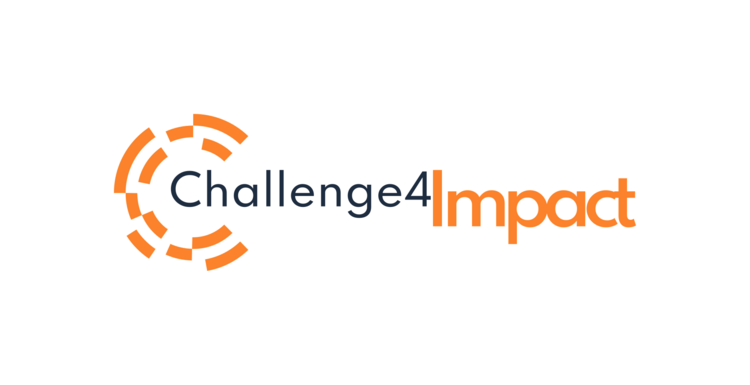Challenge4Impact
Kontakt
Prof. Dr. Klaus Fichter

Website:
www.challenge4impact.eu
Duration:
28.02.2022 - 30.08.2024
Funded by:
European Union
Support:
DAAD
Programme:
Erasmus+, Cooperation Partnerships
Project number: 2021-1-DE01-KA220-HED-000032242

Project partner
- Carl von Ossietzky University (Coordinator), Prof. Klaus Fichter
- Linköping University (S), Prof. Olof Hjelm
- Vennebroek Academic Services (NL), Dr. Frans Stel


Challenge4Impact
Developing Partnerships for International Virtual Student Business Challenges in Sustainable Entrepreneurship
To deal effectively with climate change and with other environmental issues, new learning, teaching and skills development programs have to be developed in which educational institutions and businesses cross-pollinate each other.
Against this backdrop, we base the C4I project on the concept of "Challenge-Based Learning". Challenge-based learning combines experiential learning with a specific realistic assignment, application of rules, and the aspect of collaboration within teams. Participants learn to define and delineate (abstract) problems, to develop and test possible (concrete) solutions while integrating multiple aspects. Several relevant actors are directly involved in challenge-based learning. Therefore, it is highly engaging to the participants and offers a “fun factor” that motivates participants. Because of high levels of interactivity between the students and between students and businesses, participants learn actively. Immediate feedback contributes to the learning outcomes of challenge-based learning resulting in a development of Attitudinal, Behavioral, and Cognitive (ABC) competences. In the C4I project, we focus on a particular type or format of challenge-based learning, which we call the "International Student Business Challenge in Sustainable Entrepreneurship.
The project has the following concrete objectives:
(1.) Create a European network and platform for challenge-based teaching and learning in the field of sustainable entrepreneurship and innovation
(2.) Set up long-term partnerships and infrastructures for the implementation of international virtual Student Business Challenges in sustainable entrepreneurship
(3.) Develop skills and competencies of students (curricular & extracurricular) and business partners in fighting climate change and other sustainability challenges by entrepreneurship
(4.) Increase the quality of challenge-based and digital teaching and learning formats
(5.) Establish impact management procedures and skills that allow to assess and improve the positive impacts on the Sustainable Development Goals (SDGs)
(6.) Working in international teams (students, lecturers, businesses) to share knowledge, values, learning experiences and to prepare students for an international labour market and create the ability to work cross-cultural.
By addressing these objectives, we want to achieve seven concrete project results.
- Manual for co-designing international virtual Student Business Challenges in sustainable entrepreneurship.
- Best practice report – Infrastructure and intermediation services for Student Business Challenges.
- Evaluation method and tool for assessing outcomes and impacts of Student Business Challenges.
- A playbook of full-term international virtual student business challenges in sustainable entrepreneurship. Here, we design, organize, develop, prepare and implement full-term international Student Business Challenges in sustainable entrepreneurship in two cycles
- A playbook of special topics international virtual Student Business Challenges in sustainable entrepreneurship.
- Research report: Outcomes and impact of international virtual Student Business Challenges in sustainable entrepreneurship.
- Guidelines for designing and scaling effective infrastructures and intermediation services for international Student Business Challenges.
